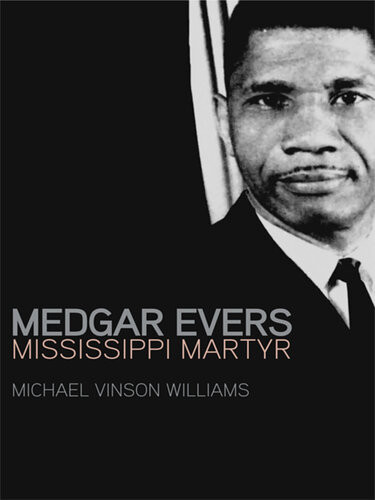

Most ebook files are in PDF format, so you can easily read them using various software such as Foxit Reader or directly on the Google Chrome browser.
Some ebook files are released by publishers in other formats such as .awz, .mobi, .epub, .fb2, etc. You may need to install specific software to read these formats on mobile/PC, such as Calibre.
Please read the tutorial at this link: https://ebookbell.com/faq
We offer FREE conversion to the popular formats you request; however, this may take some time. Therefore, right after payment, please email us, and we will try to provide the service as quickly as possible.
For some exceptional file formats or broken links (if any), please refrain from opening any disputes. Instead, email us first, and we will try to assist within a maximum of 6 hours.
EbookBell Team

4.4
52 reviewsCivil rights activist Medgar Wiley Evers was well aware of the dangers he would face when he challenged the status quo in Mississippi in the 1950s and '60s, a place and time known for the brutal murders of Emmett Till, Reverend George Lee, Lamar Smith, and others. Nonetheless, Evers consistently investigated the rapes, murders, beatings, and lynchings of black Mississippians and reported the horrid incidents to a national audience, all the while organizing economic boycotts, sit-ins, and street protests in Jackson as the NAACP's first full-time Mississippi field secretary. He organized and participated in voting drives and nonviolent direct-action protests, joined lawsuits to overturn state-supported school segregation, and devoted himself to a career path that eventually cost him his life. This biography of an important civil rights leader draws on personal interviews from Myrlie Evers-Williams (Evers's widow), his two remaining siblings, friends, grade-school-to-college schoolmates, and fellow activists to elucidate Evers as an individual, leader, husband, brother, and father. Extensive archival work in the Evers Papers, the NAACP Papers, oral history collections, FBI files, Citizen Council collections, and the Mississippi State Sovereignty Commission Papers, to list a few, provides a detailed account of Evers's NAACP work and a clearer understanding of the racist environment that ultimately led to his murder.